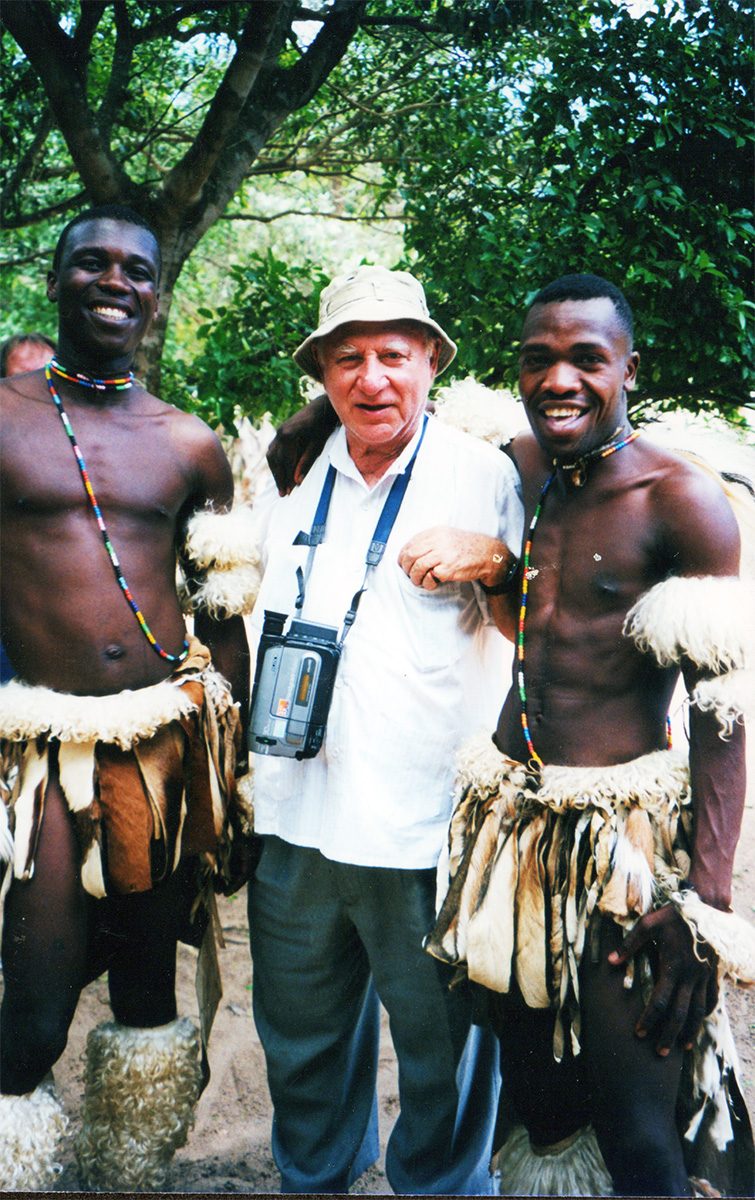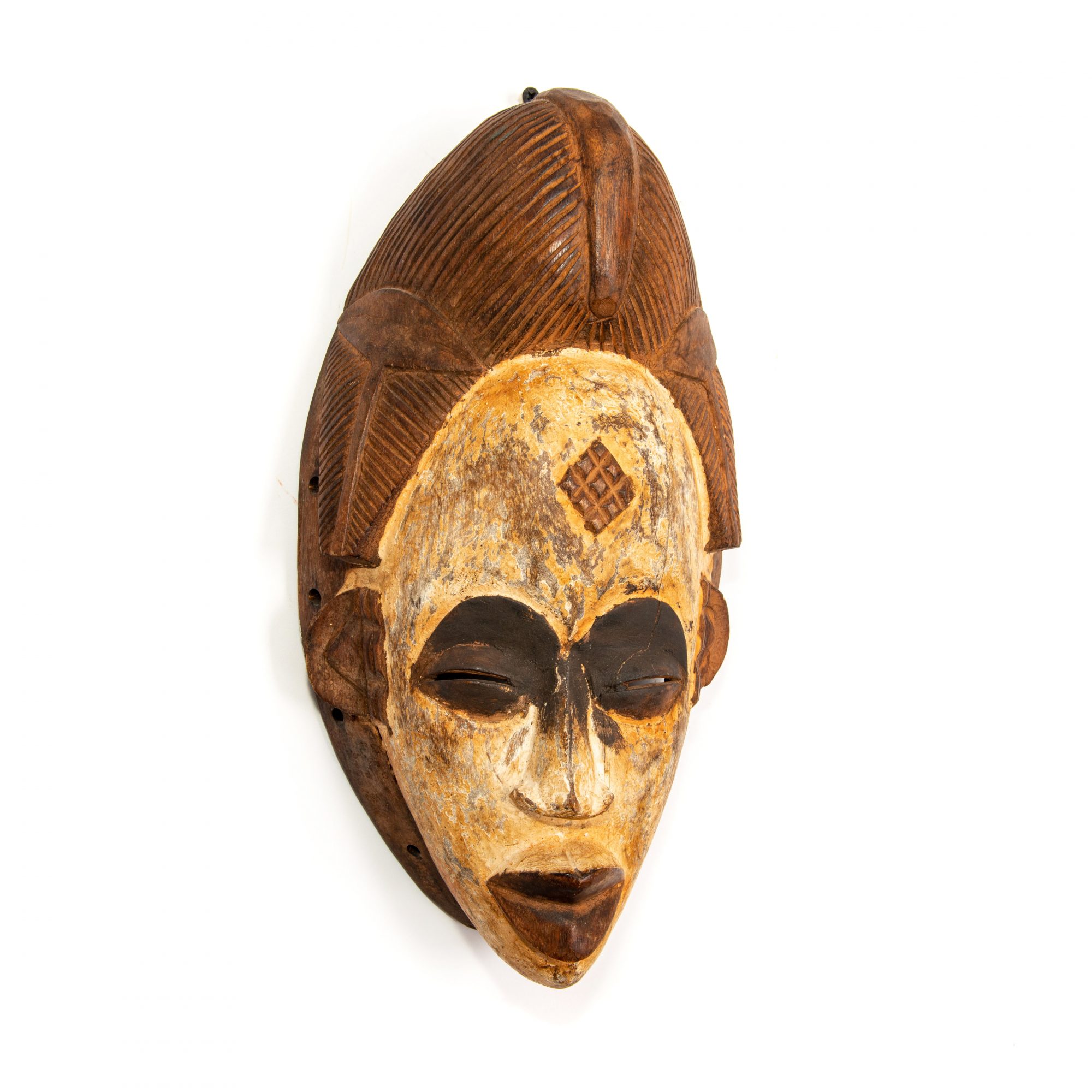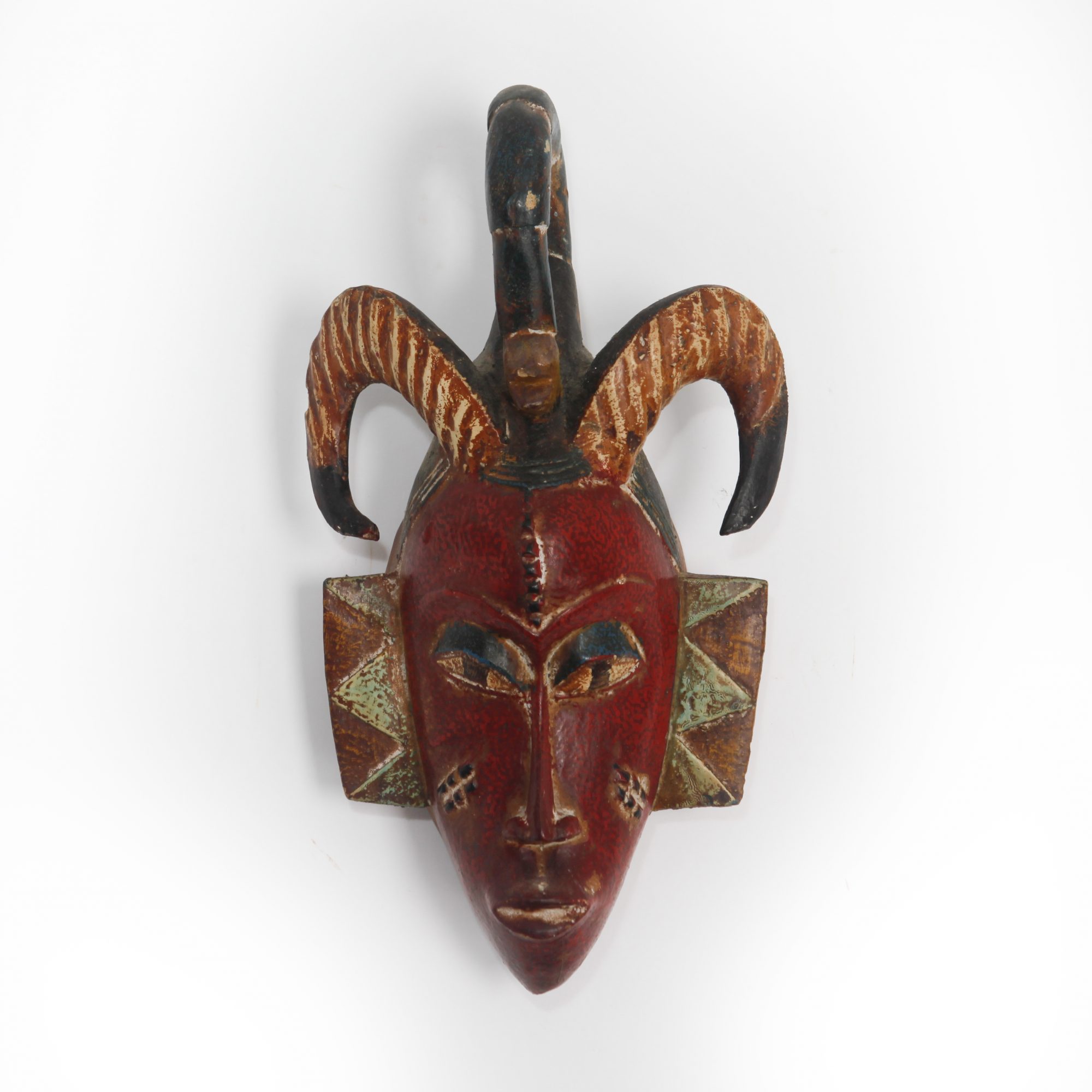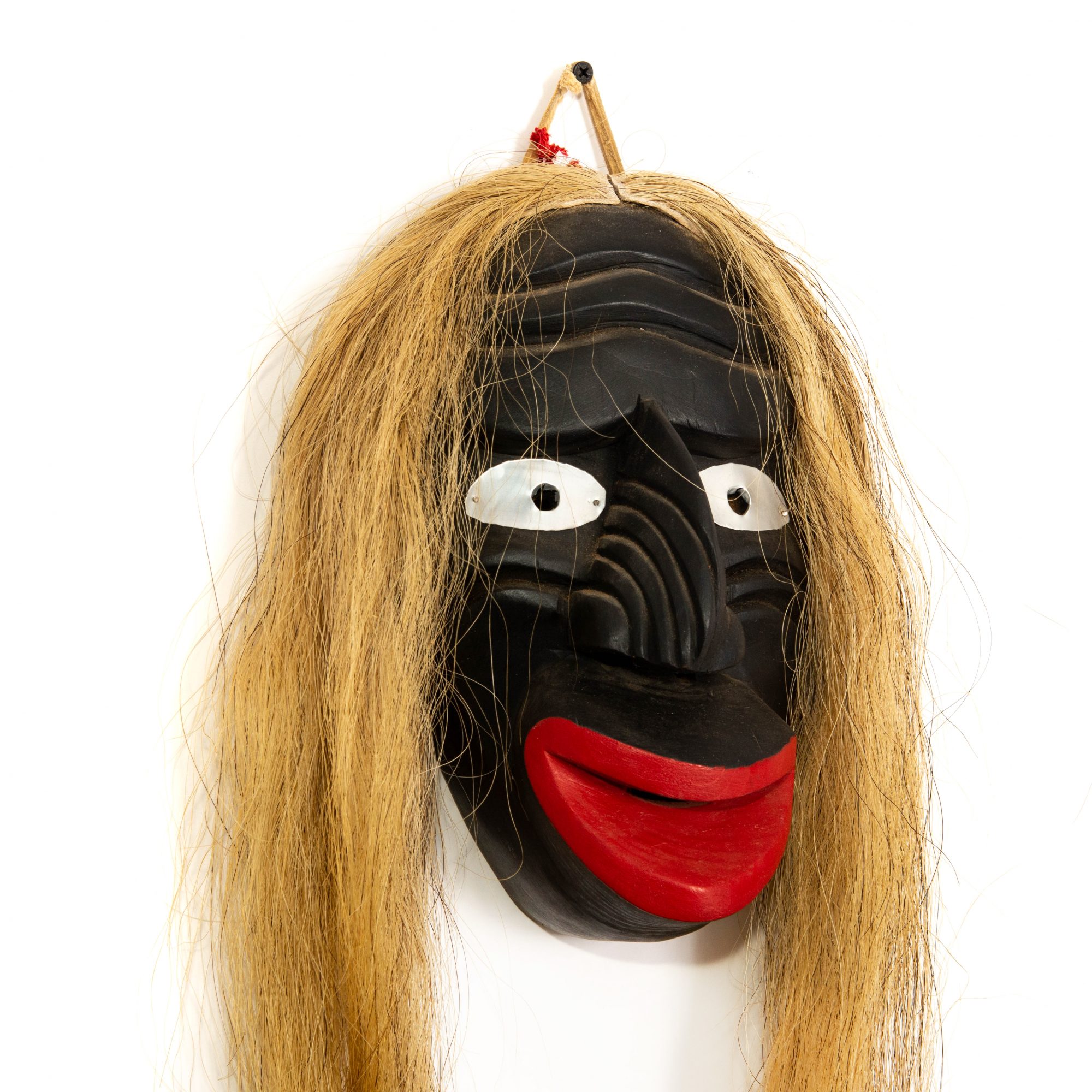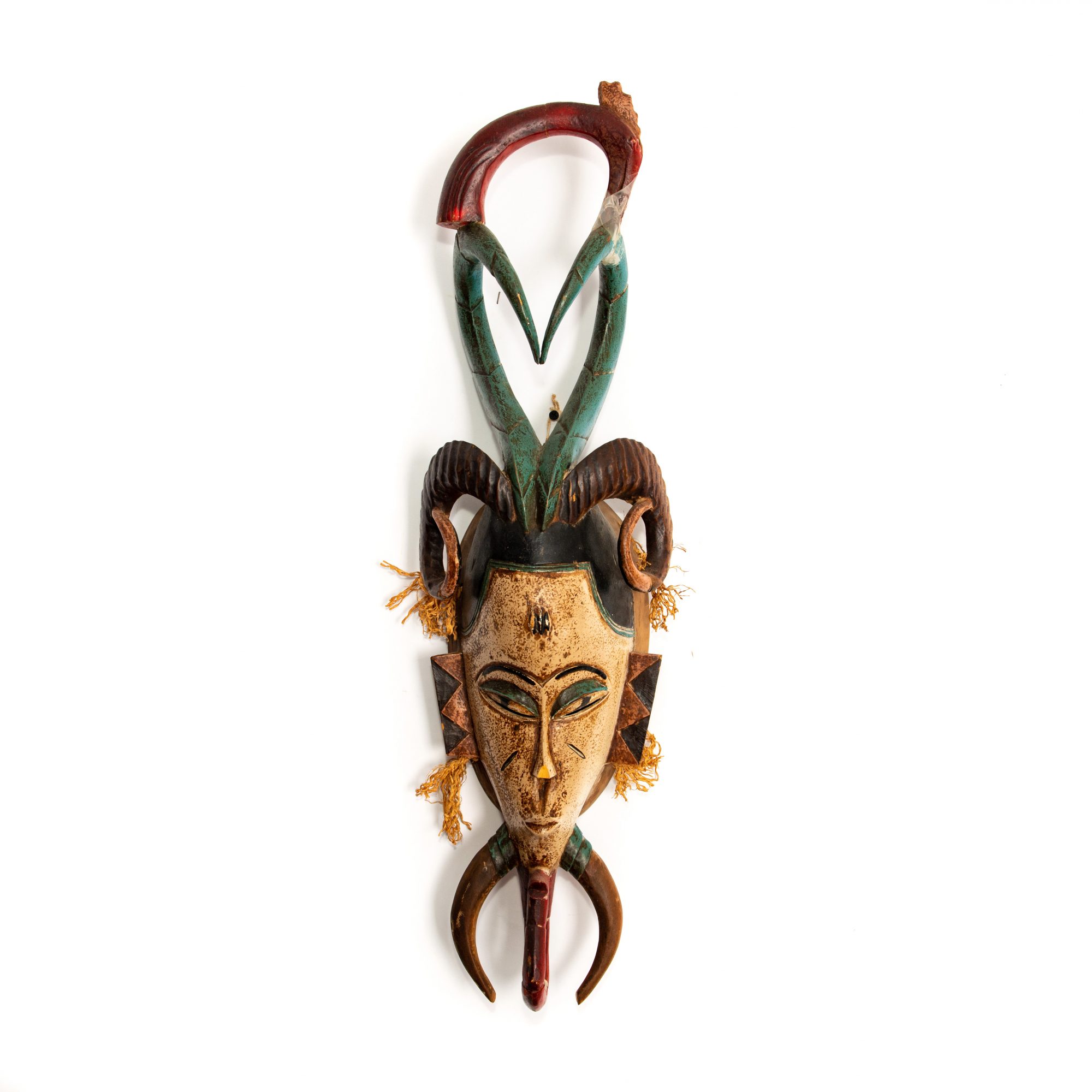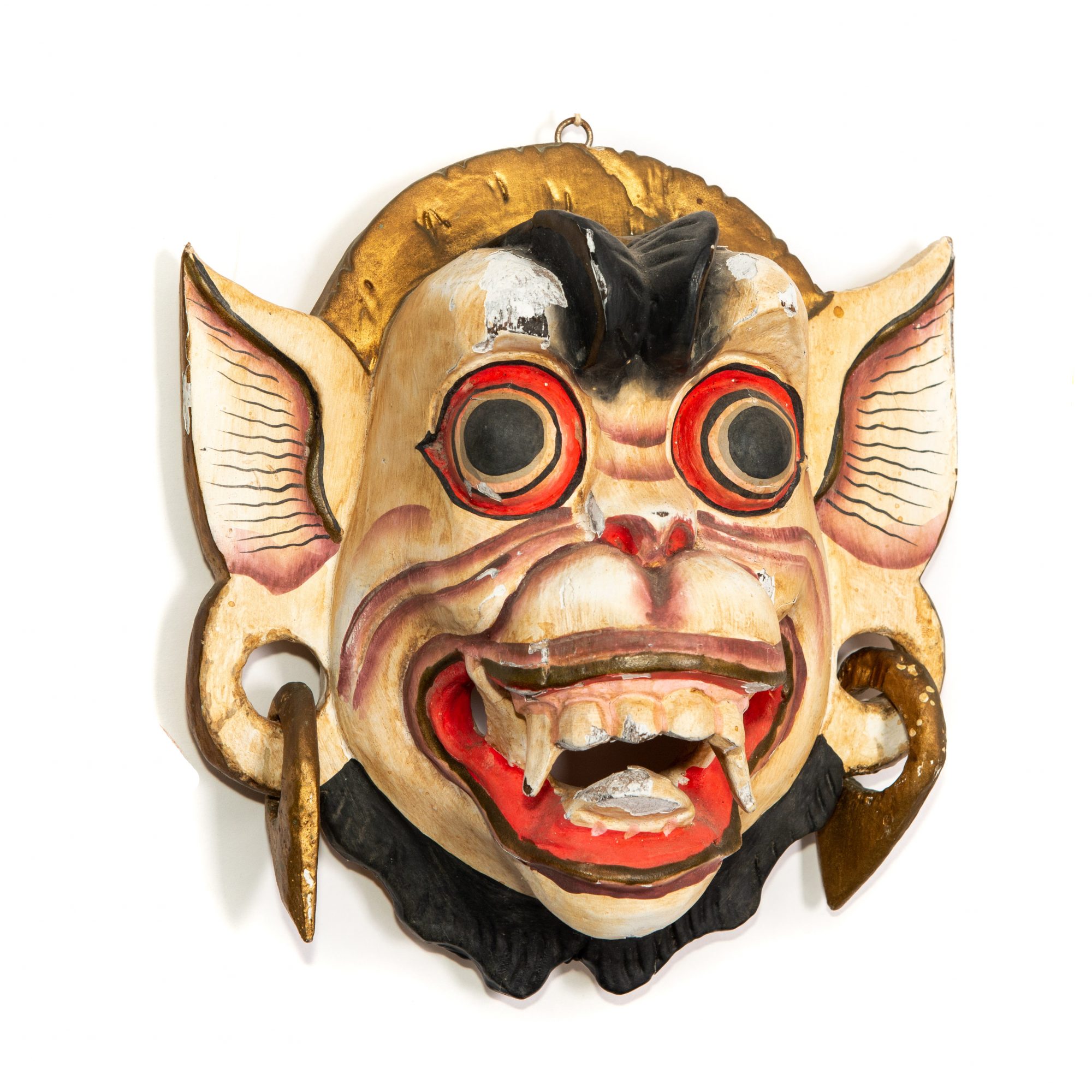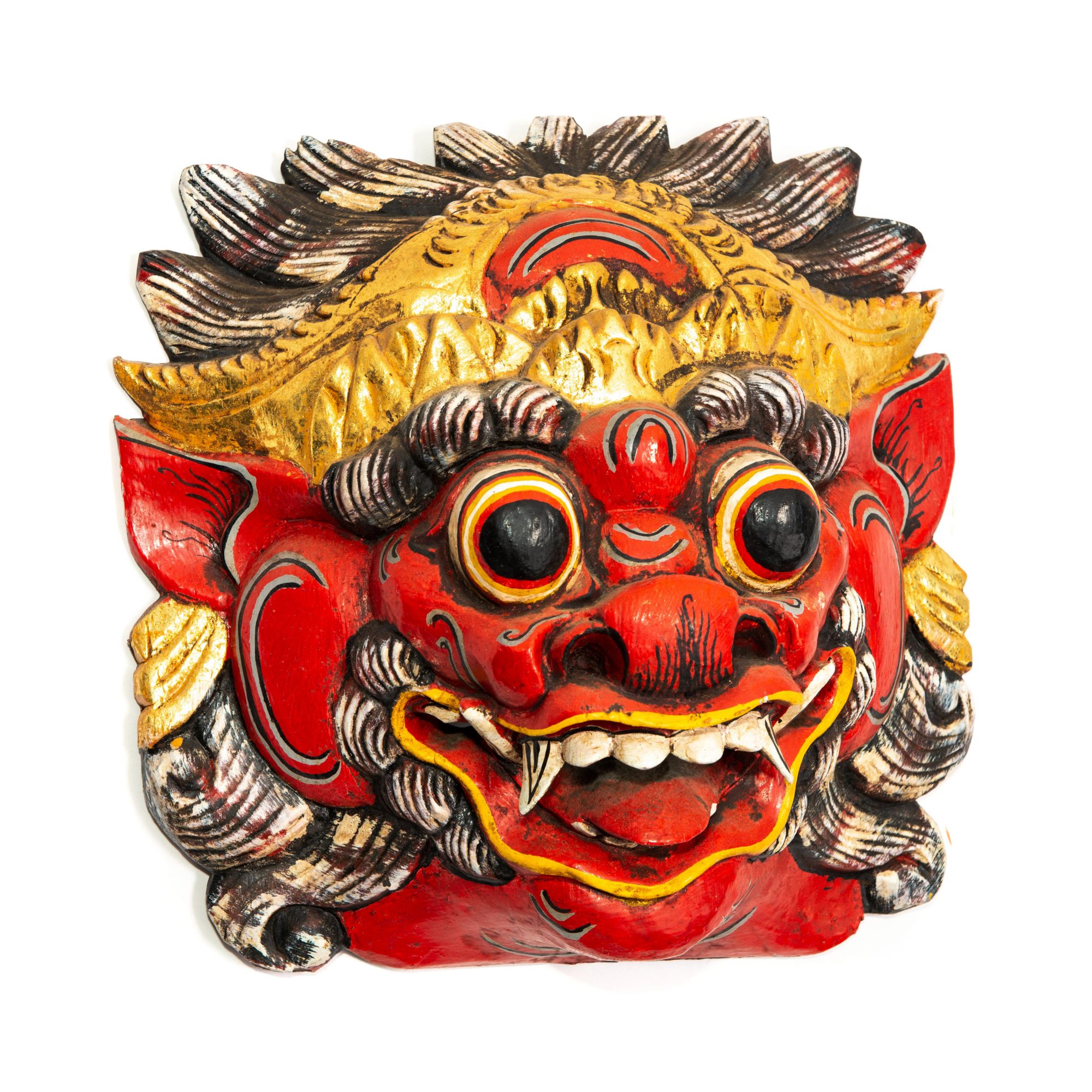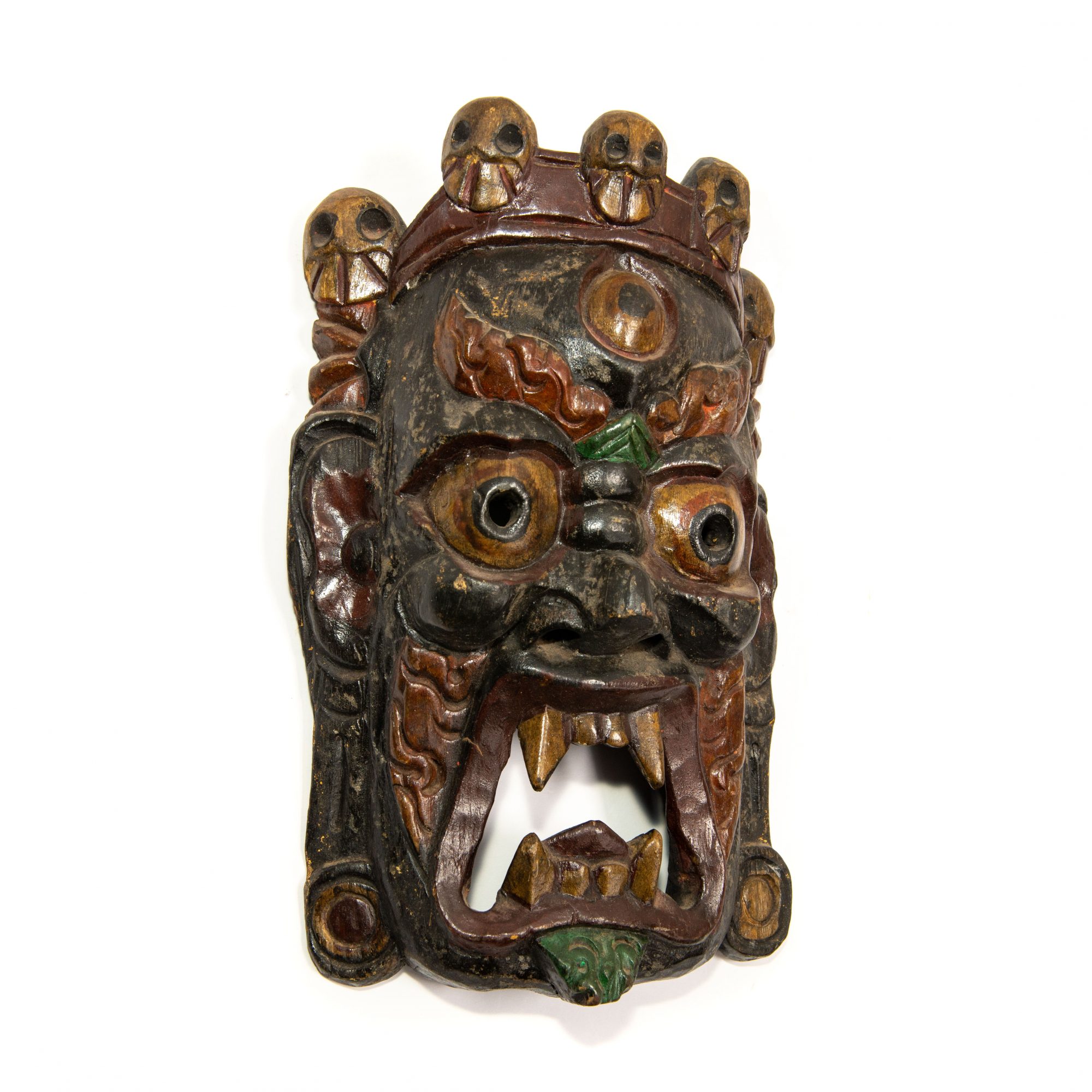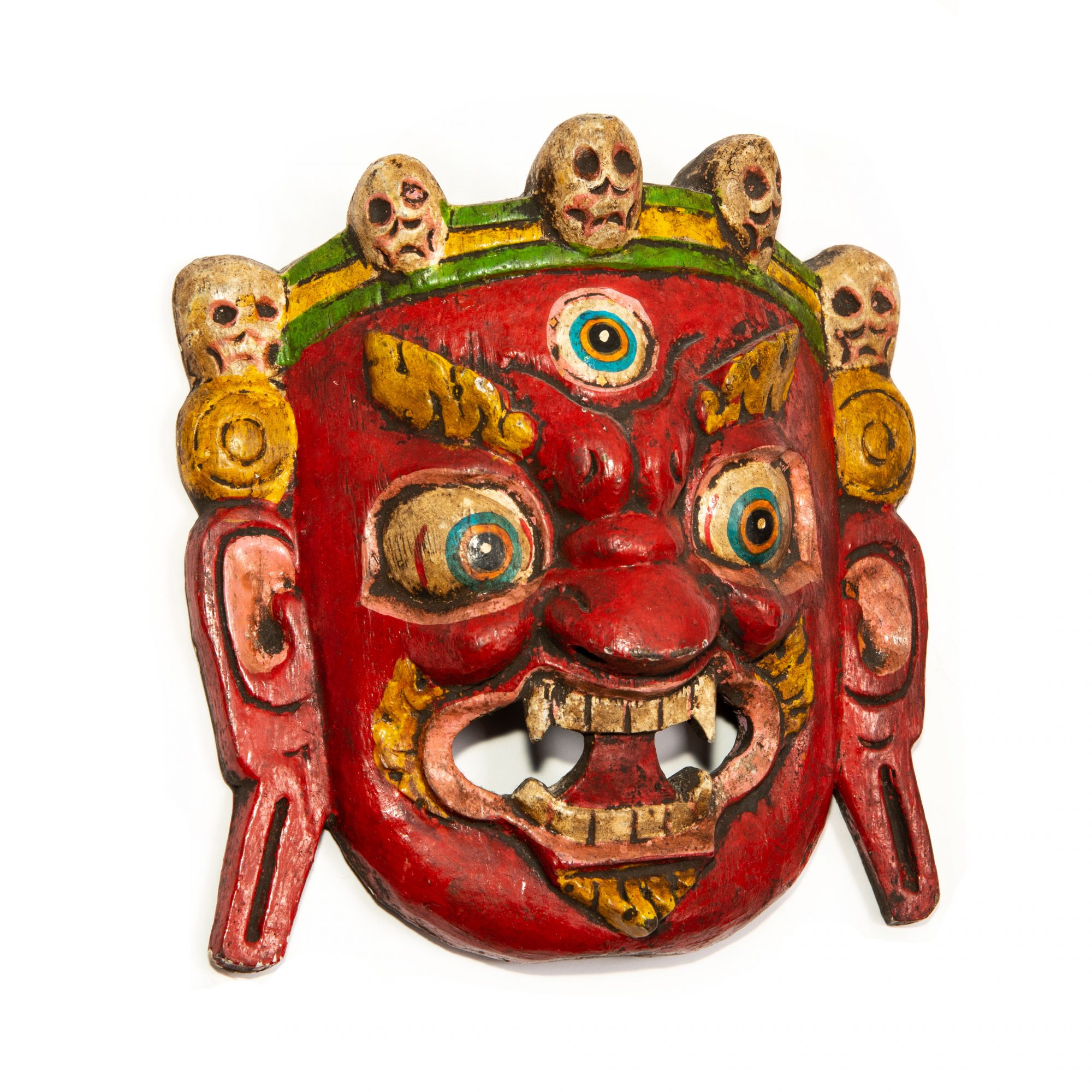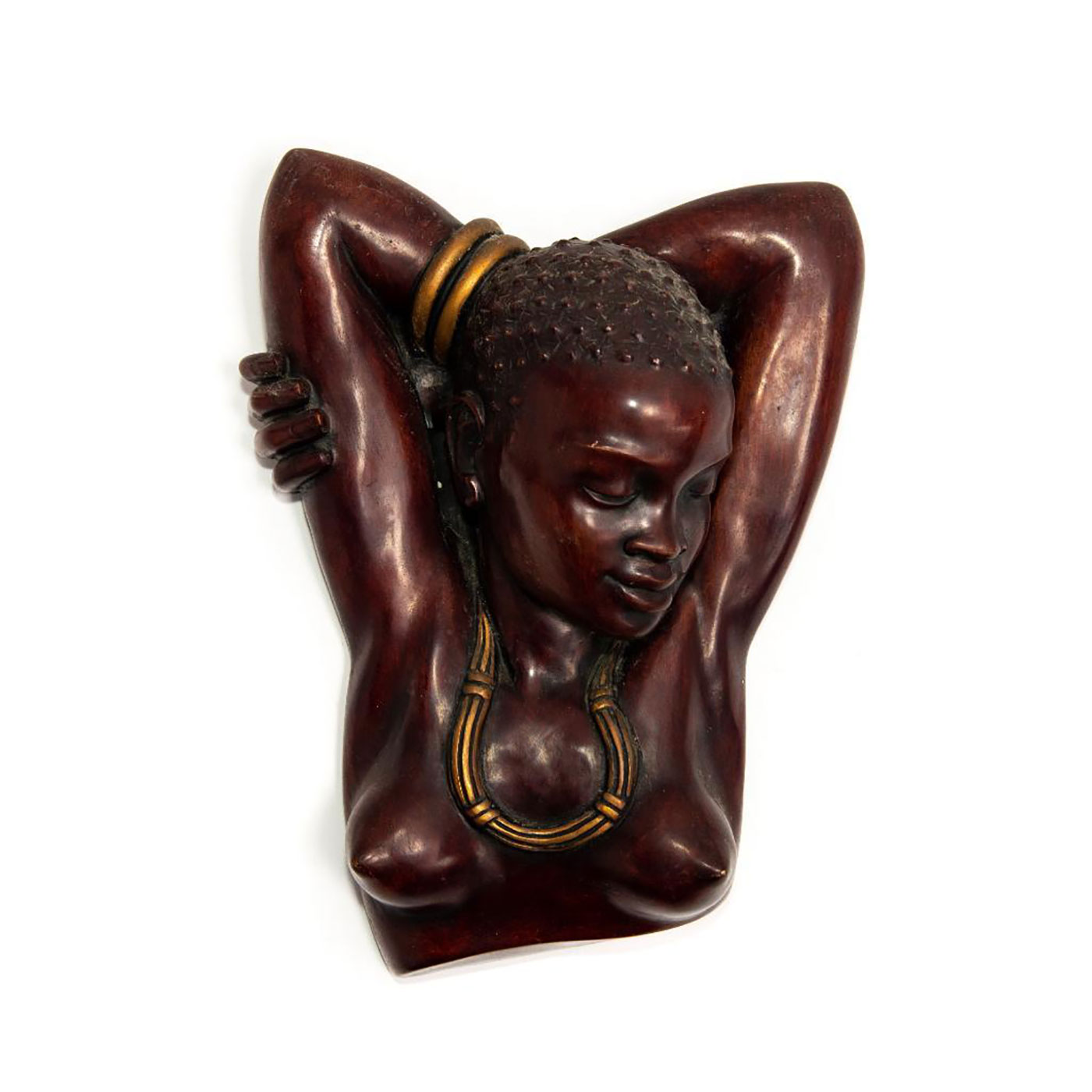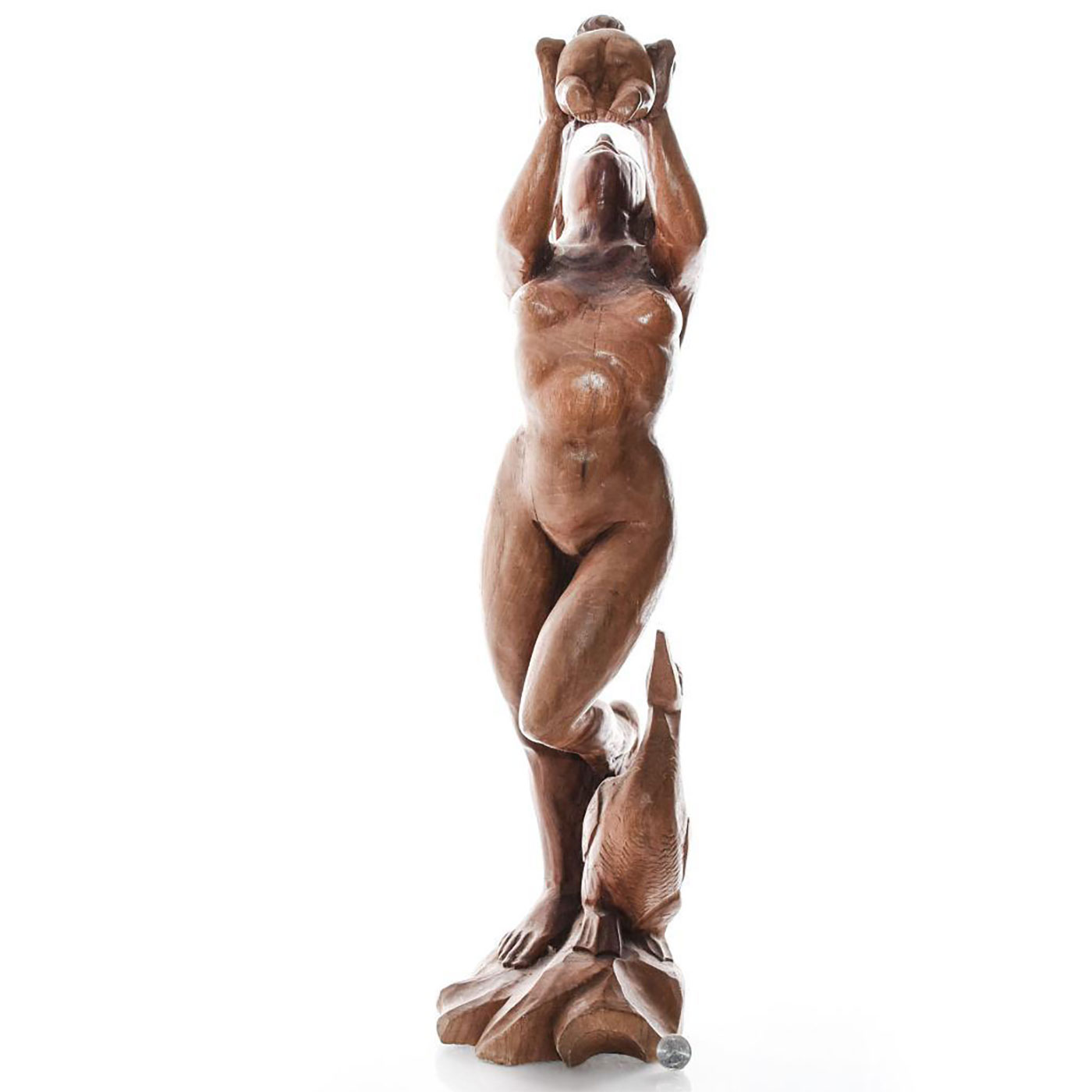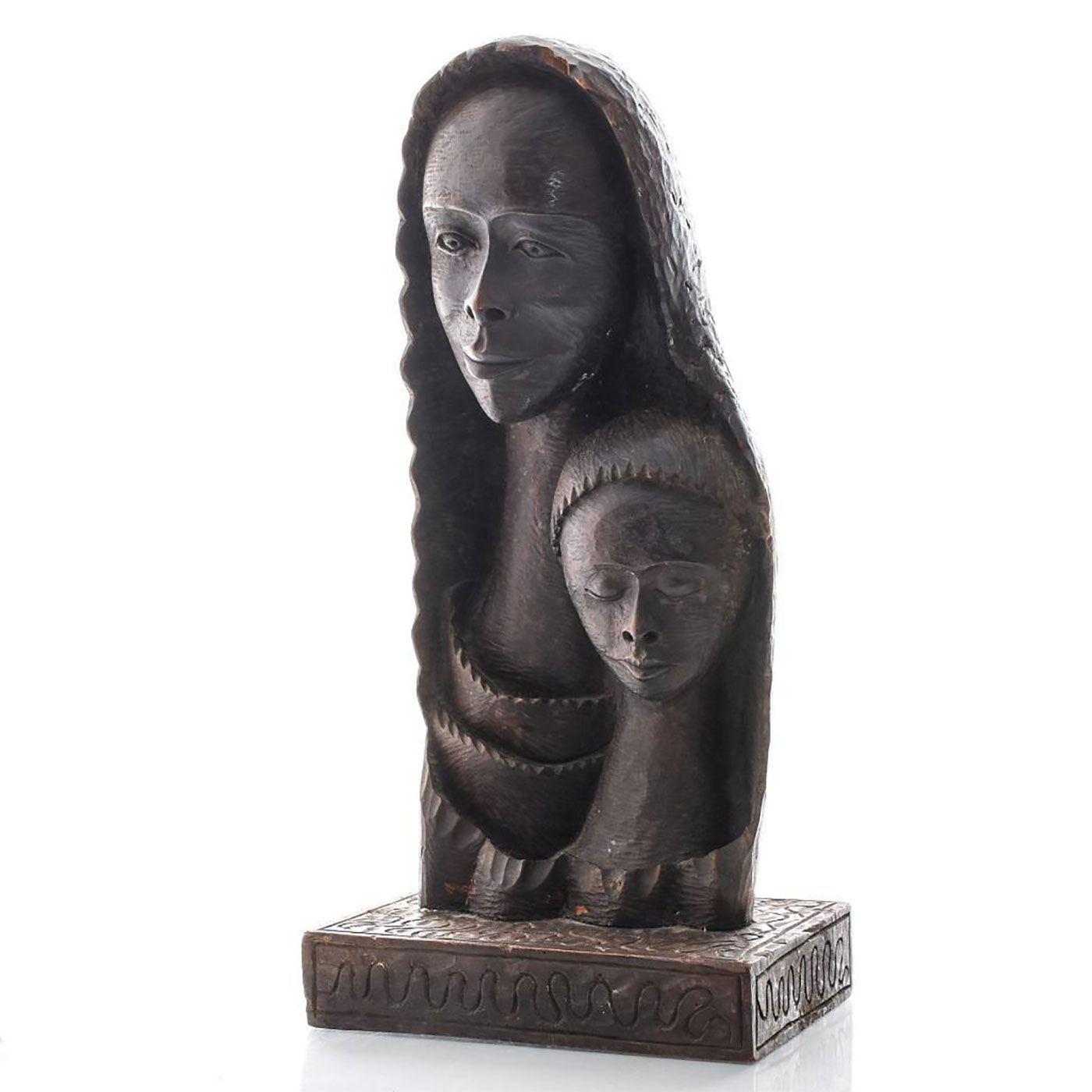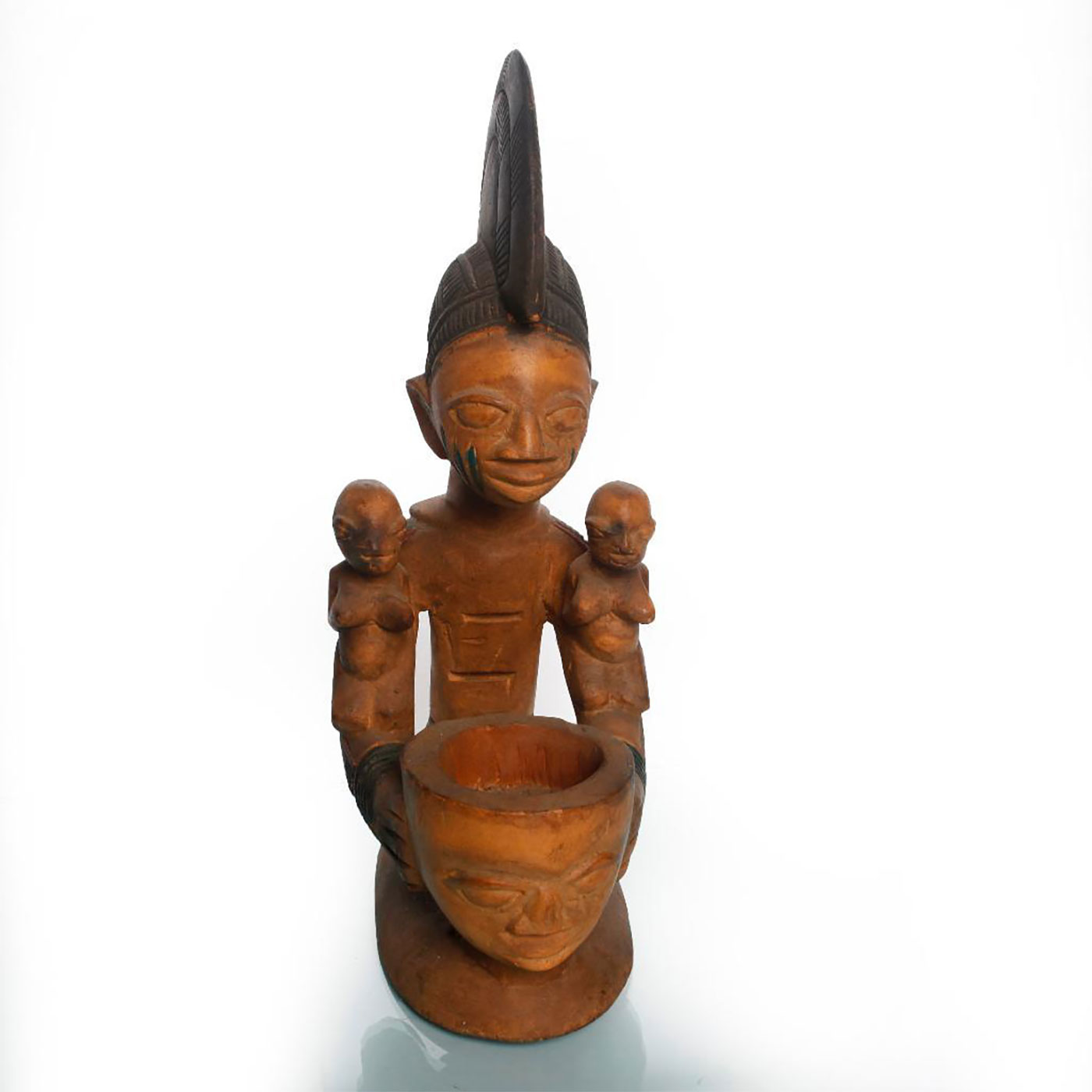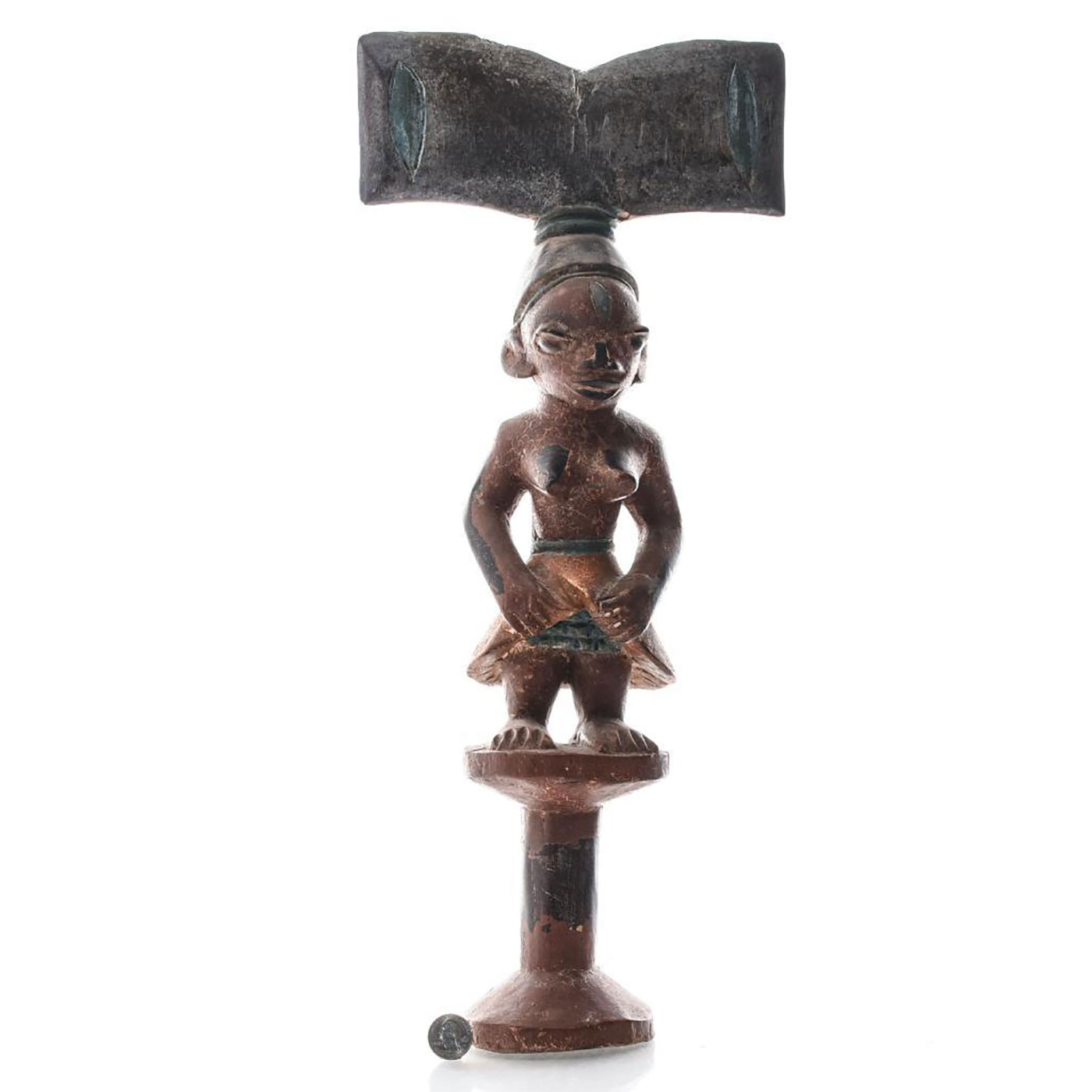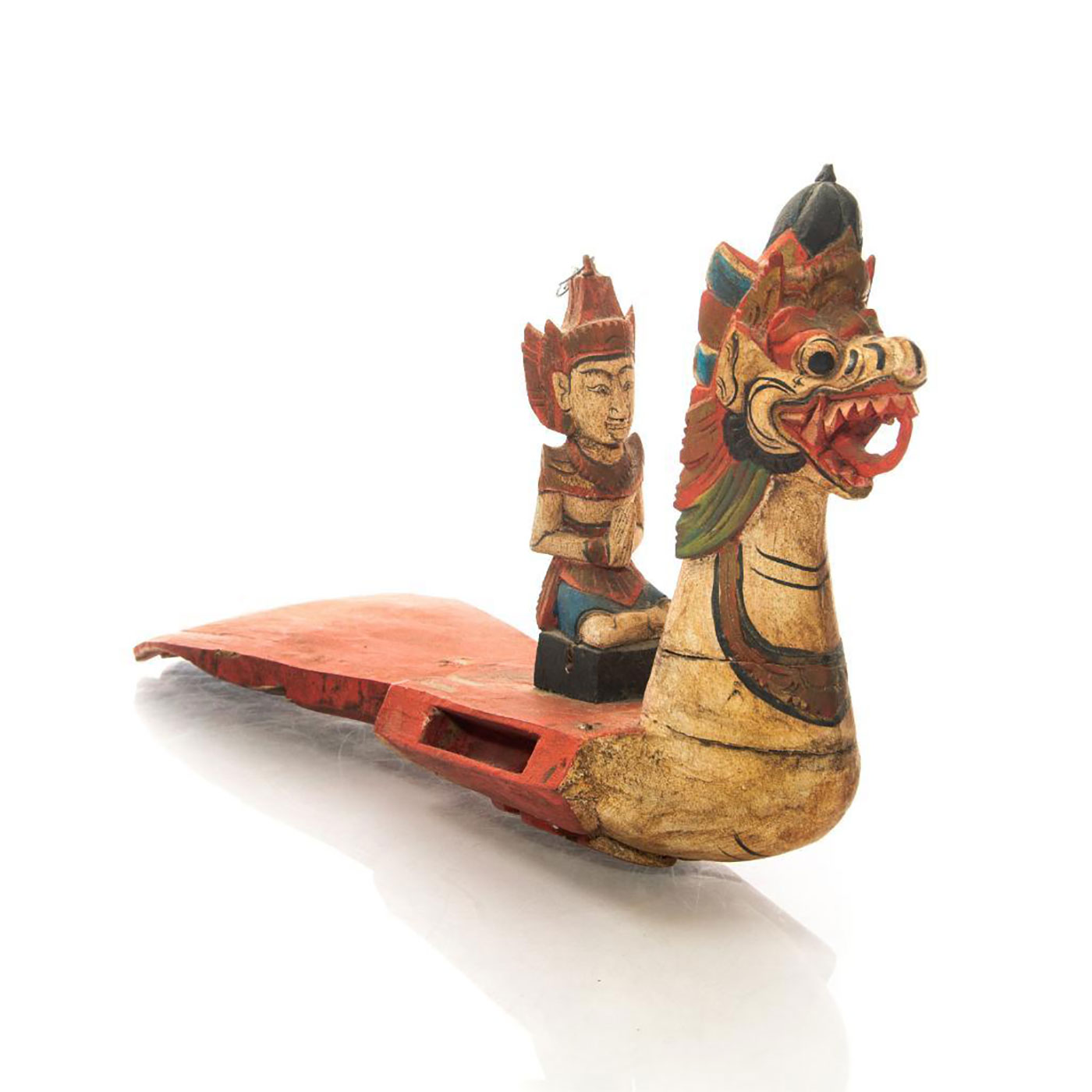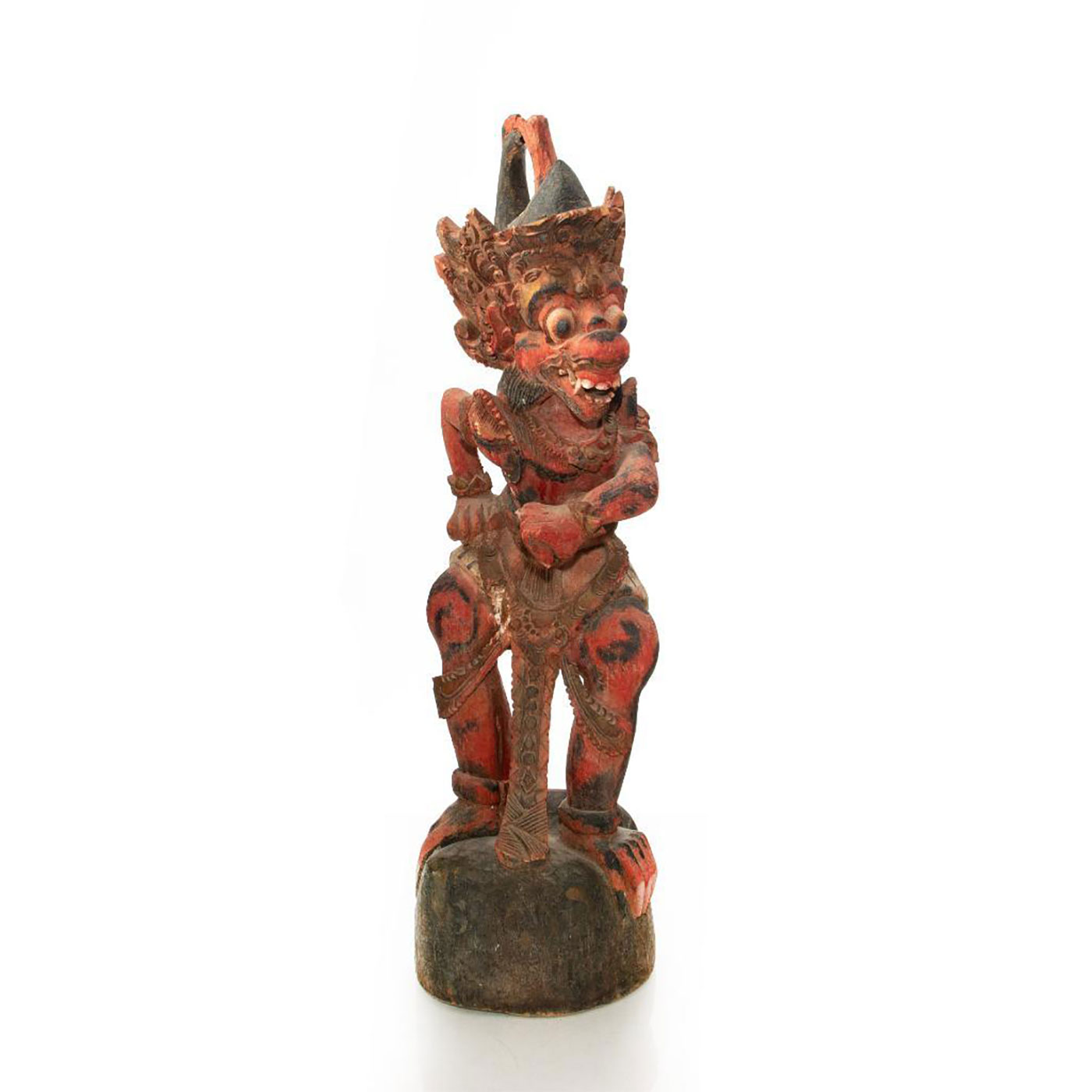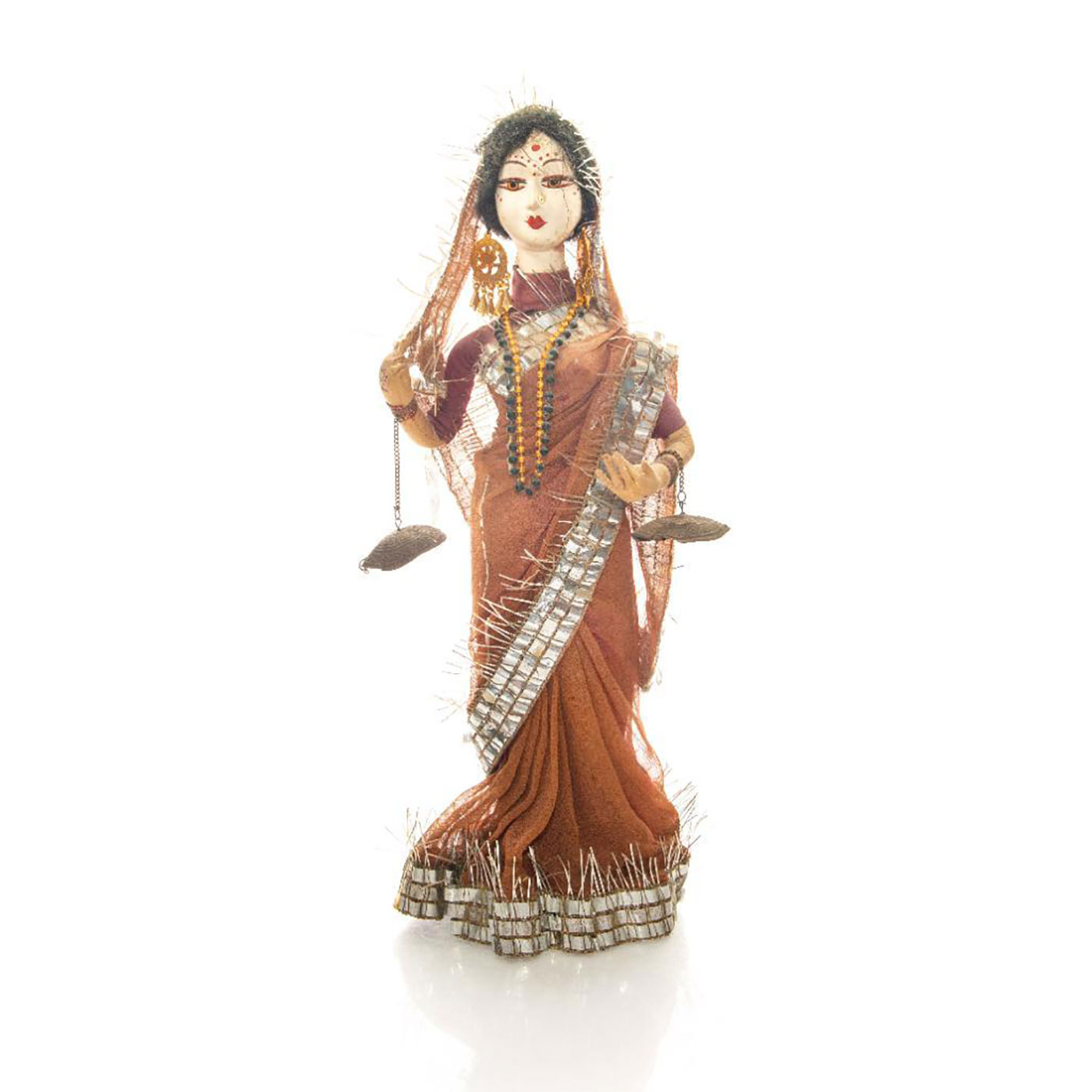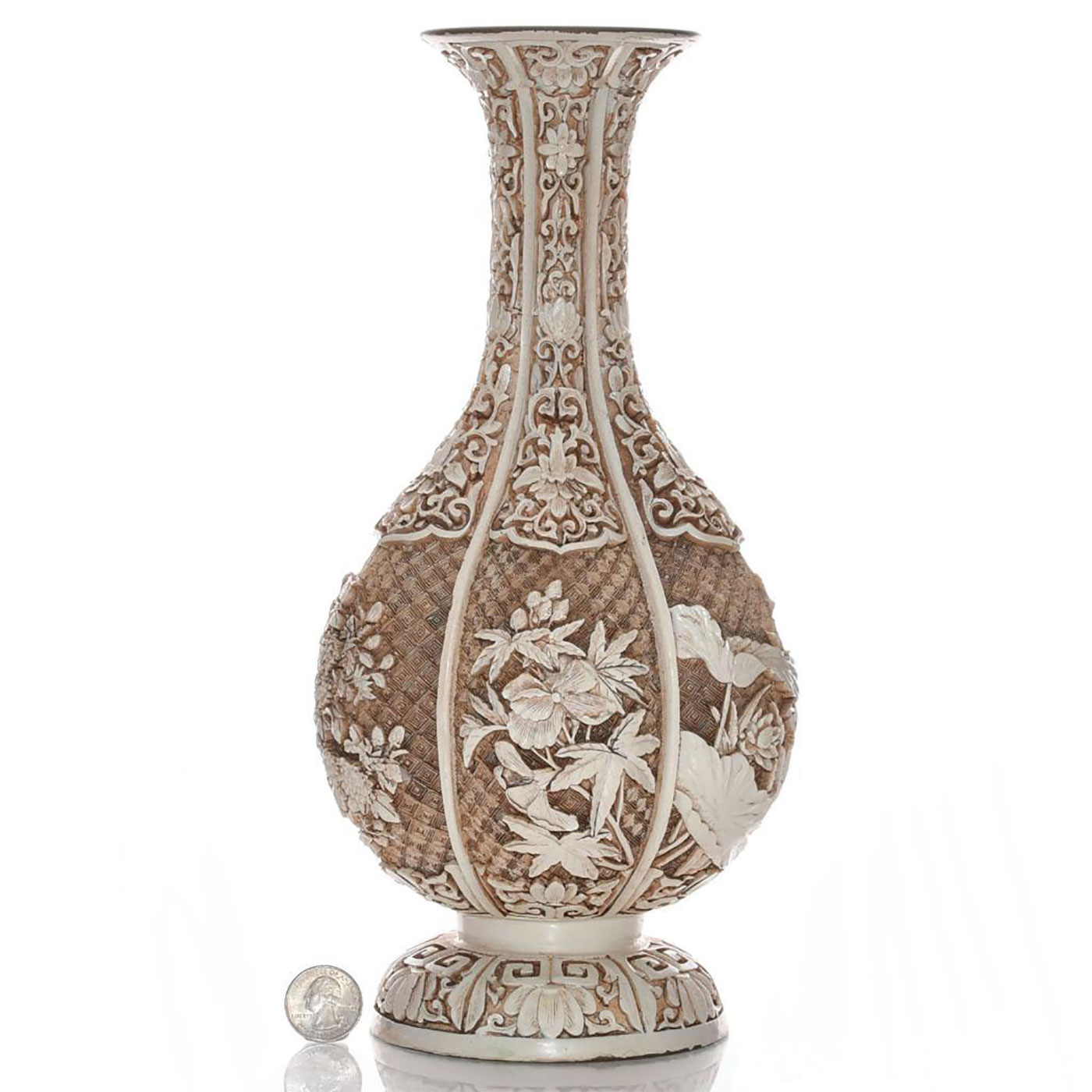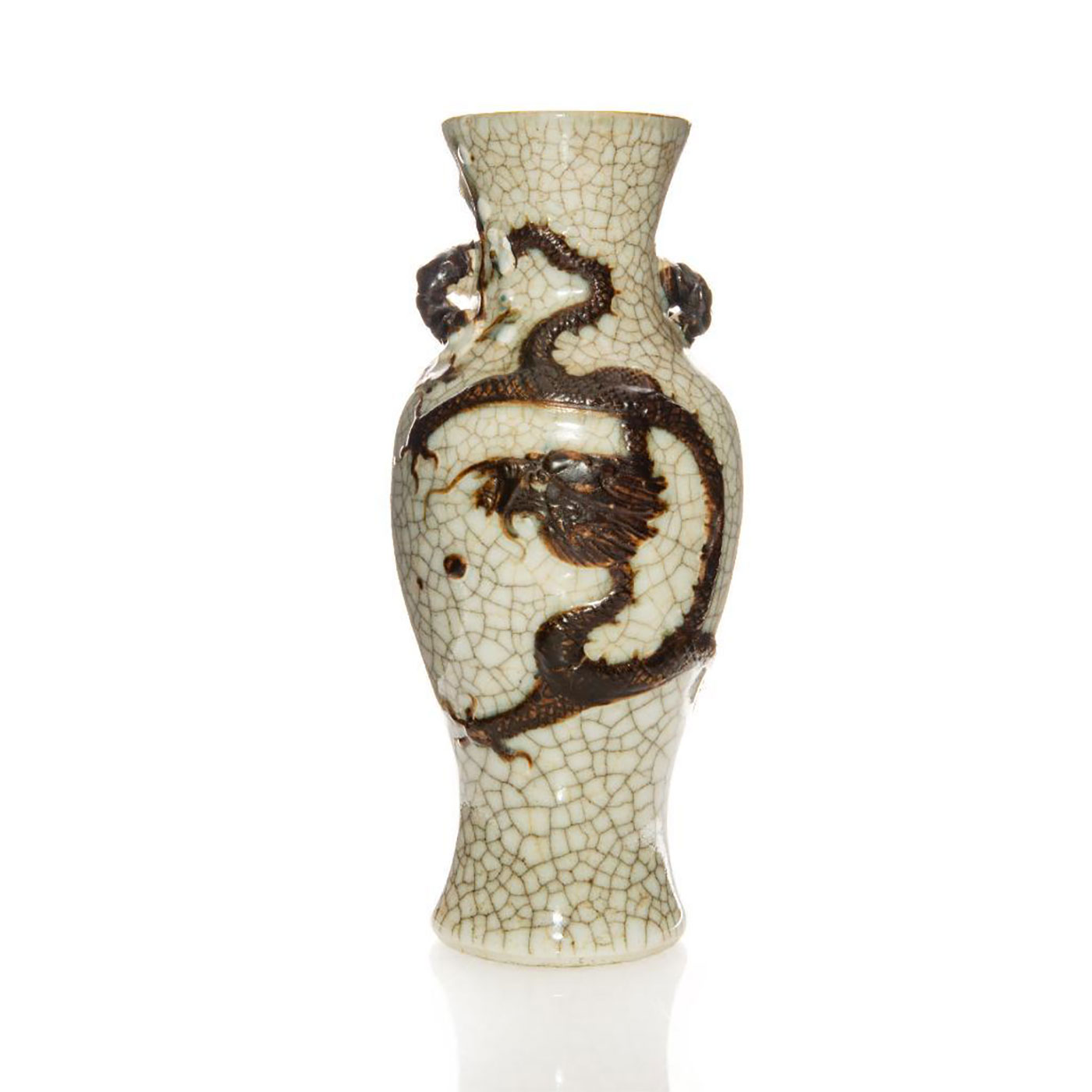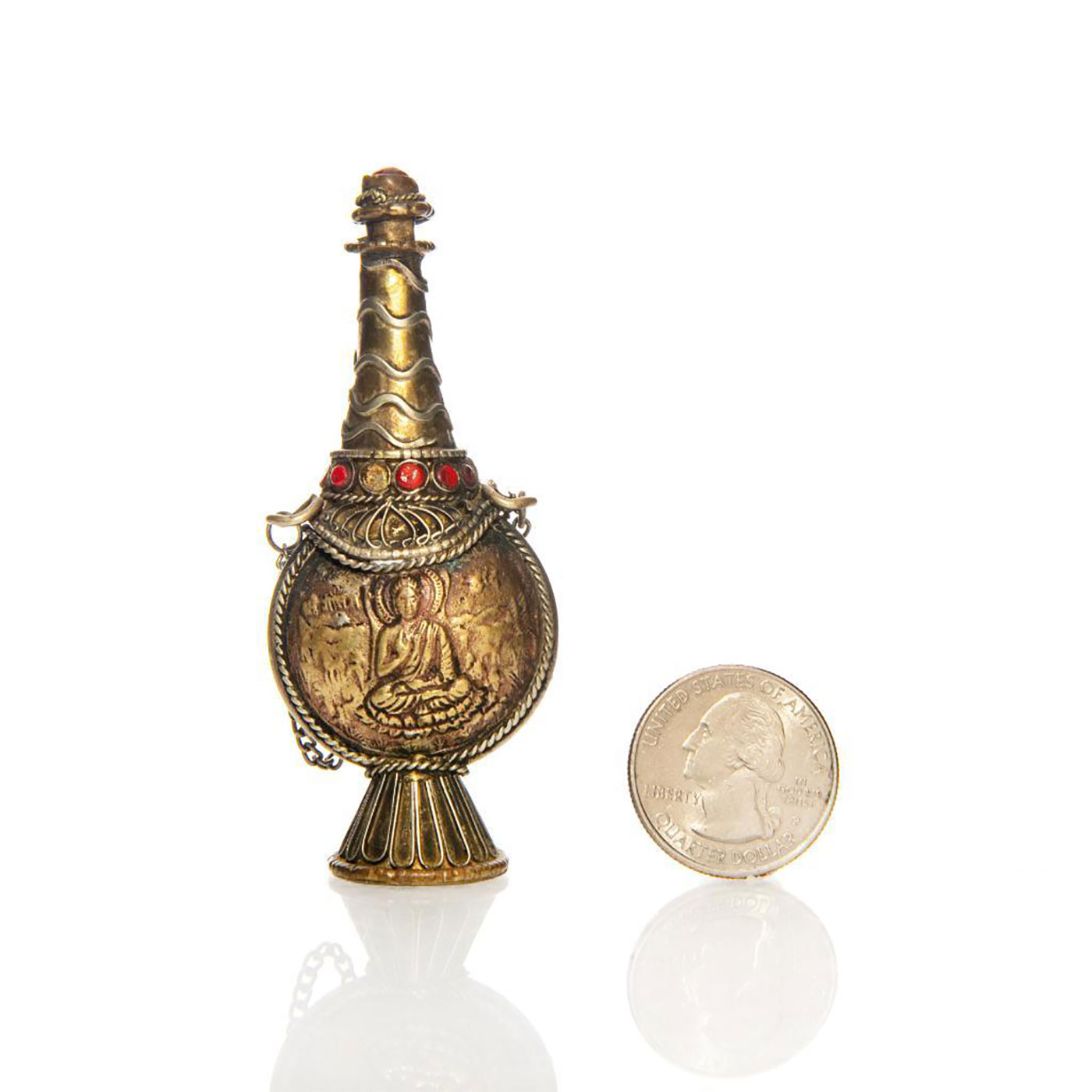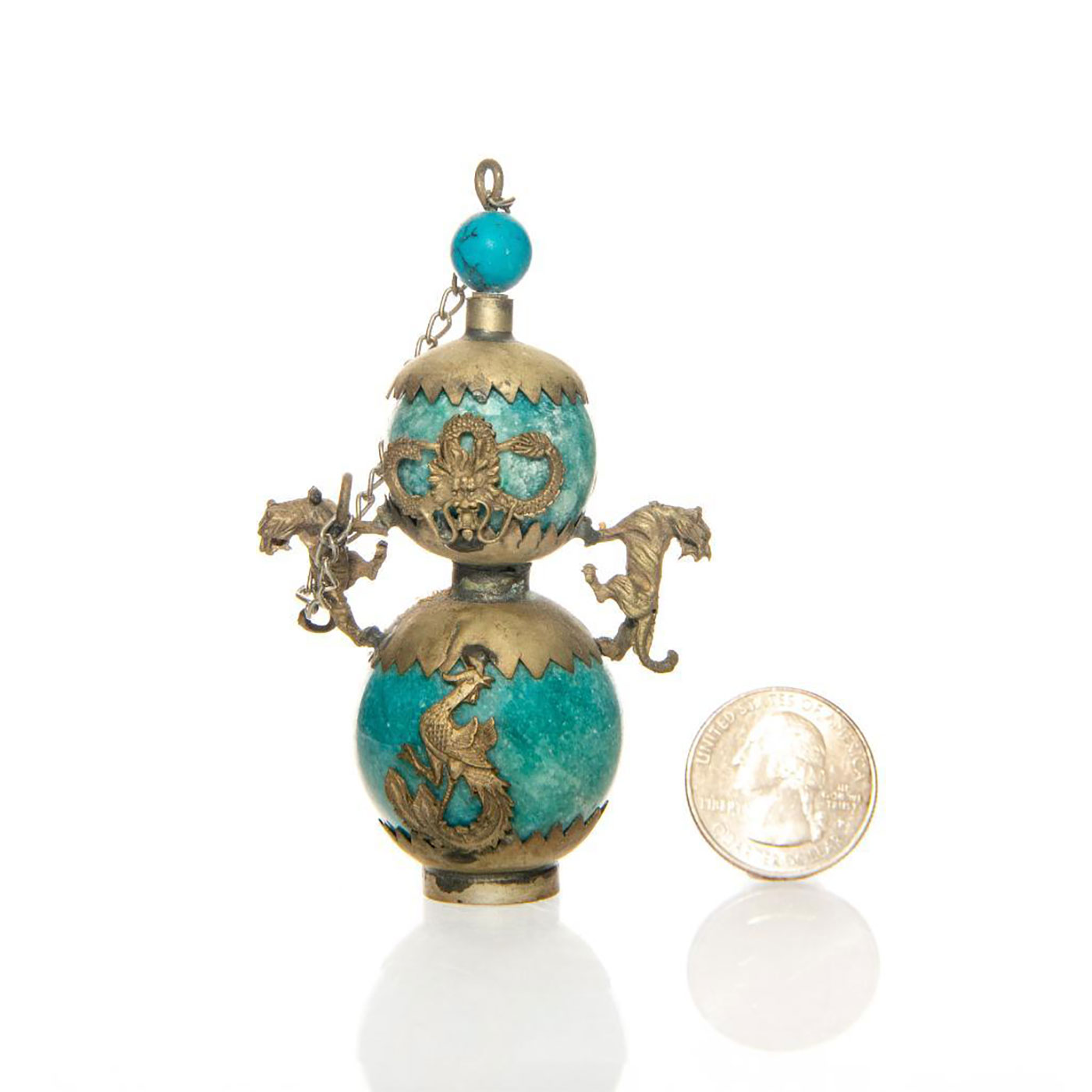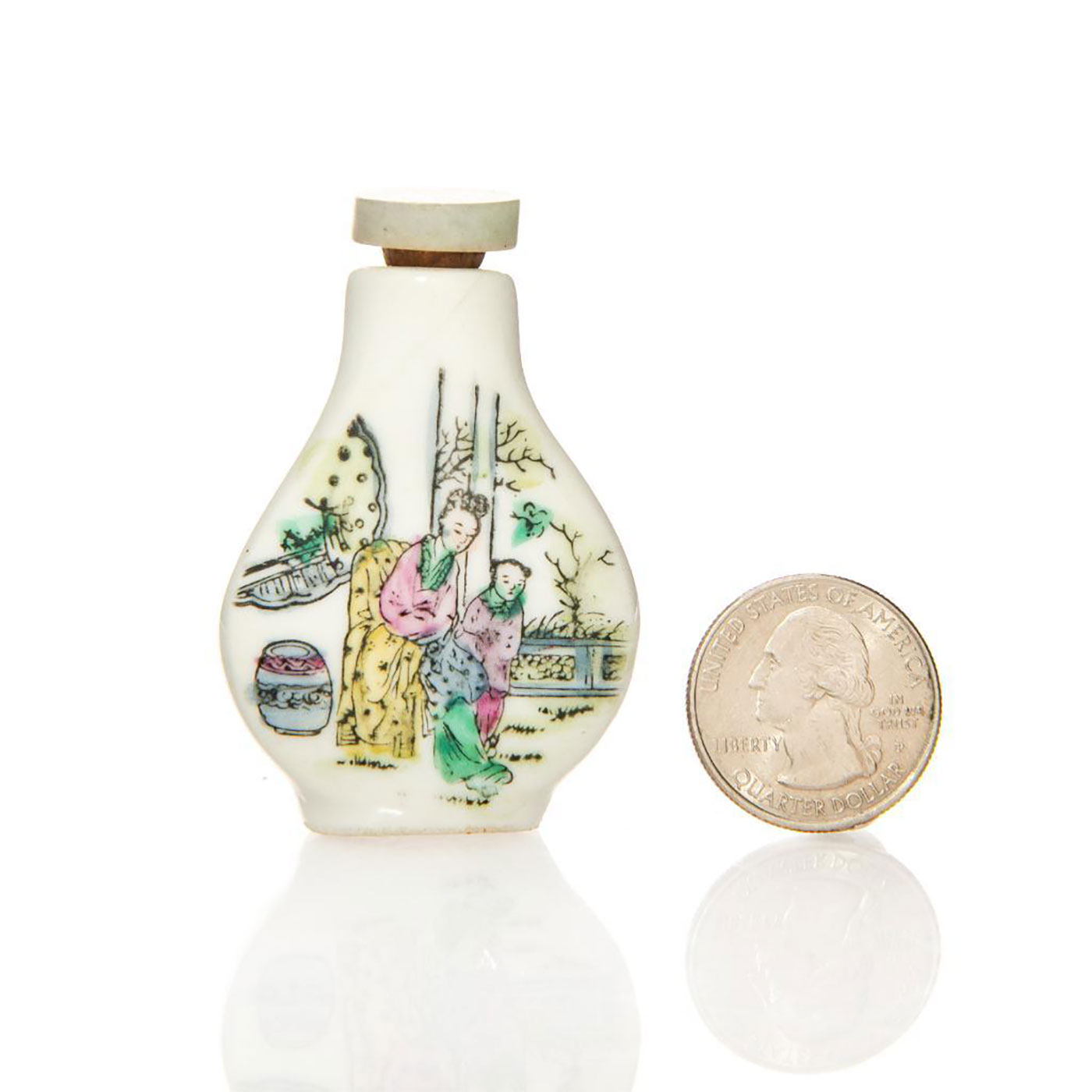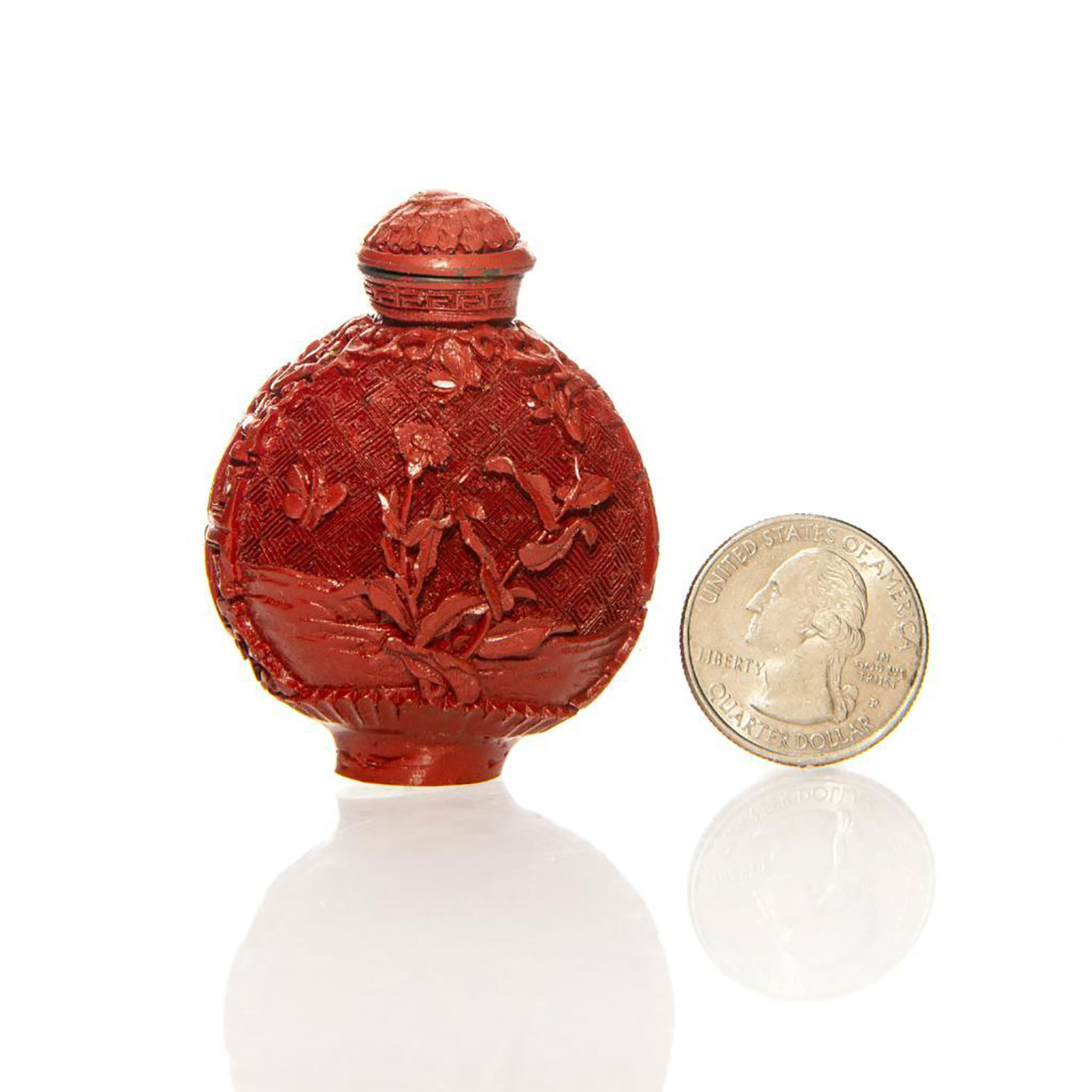Collector's Corner
The David Farin Collection
David farin: the french resistance fighter who collected the world
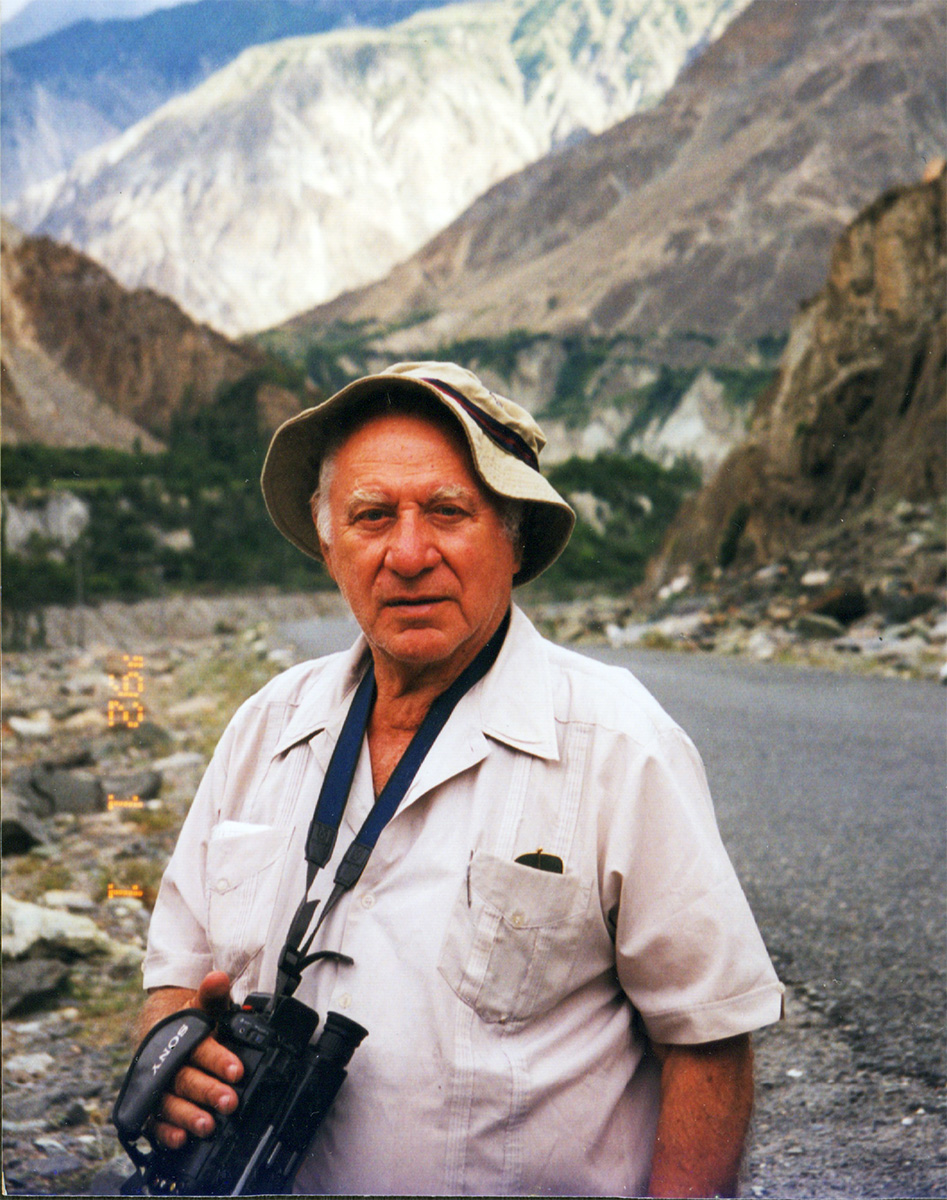
In the words of his daughter, the collection of the late David Farin reflects who he was: It is substantial, international, and fascinating.
There are many ways to measure a person’s life, few of them adequate. In the case of David Farin, the large and varied collection of art, jewelry, artifacts, and objects of beauty that he assembled over decades offers a glimpse into the man’s natural curiosity and zest for life, and the objects of decorative art he loved and collected.
Descended from Sephardic Jews who, in the 15th century, fled from Spain to the Ottoman Empire (modern Turkey), David came into the world at a turbulent time in history. He was born in July 1923 in that same Ottoman Empire; years of social and political upheaval following the First World War (in which the Ottomans were on the losing side) resulted in the fall of the Ottoman state. The Republic of Turkey was established in its place on October 29, 1923, and the Ottoman Caliphate formally abolished the following year.
To escape the turmoil and danger of their homeland, David’s parents fled to Cuba. After living in Cuba for the first years of David’s life, his father moved the family to Marseilles in the south of France when David was seven years old. The young David immediately took to the French language, and to the people and culture of Marseilles. For the remainder of his long life, David would identify with the French city—France’s largest on the Mediterranean—and its hot summers, rugged coastline, and romantic, fjord-like inlets. He became active in the city’s vibrant Sephardic Jewish community and joined the Eclaireuses et Eclaireurs israelites de France (the Jewish Guides and Scouts of France), an organization with similar aims and methods as the Boy Scouts. As a Jewish Scout, bicycling and camping in the mountains, David developed a life-long love of adventure and the outdoors.
During the Second World War, when the Nazis invaded France, David was a teenager. The Eclaireuses et Eclaireurs israelites de France worked to provide refuge for Jews during the early years of the occupation; after it was banned, its older members formed armed resistance units. David was instrumental in saving the lives of his parents and three siblings by insisting that they refuse to present themselves for transport and deportation, and instead go into hiding. After his family went into hiding David joined the French Resistance and fought passionately to free his adopted homeland from the occupiers.
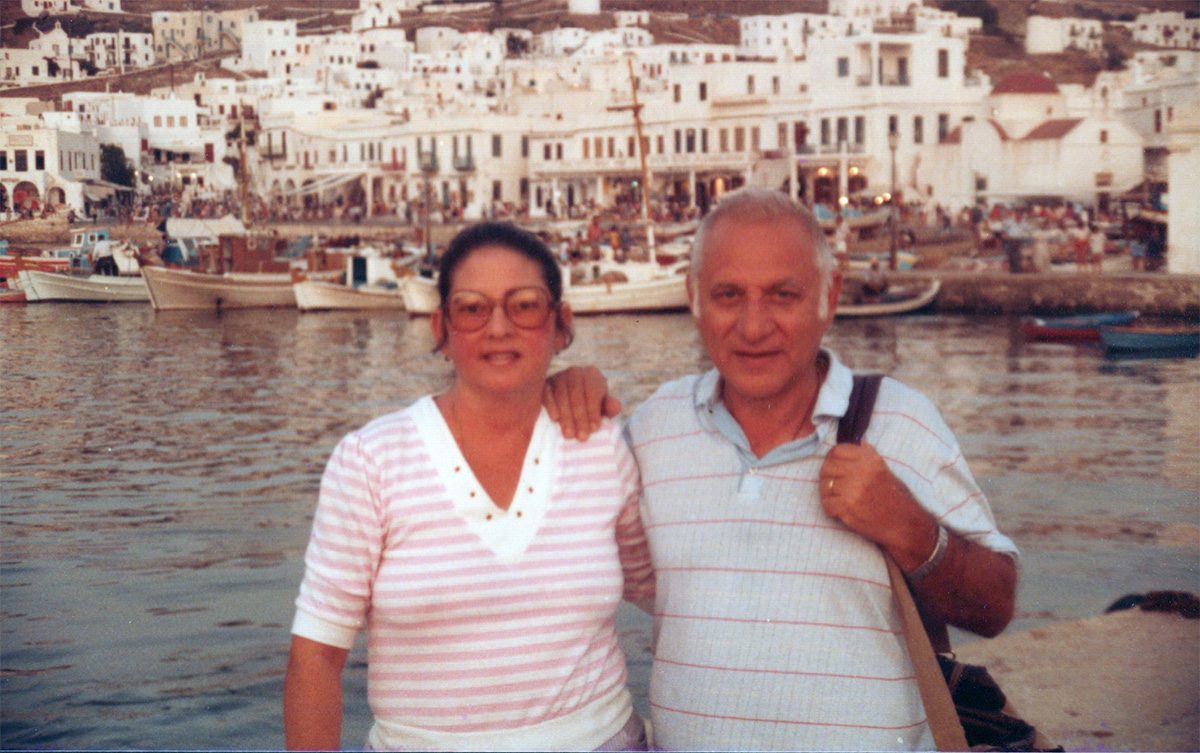

He was nearly captured several times; his perfect grasp of the French language gave him an advantage in maintaining his cover as a native Marseillesian. Captured by the Nazis in the final weeks of the war, he miraculously managed to escape what would have been a certain death by firing squad. Incredibly, David’s entire family survived the war and he was able to complete his law studies and obtain his French law license.
After the war, David returned to Cuba. Later, he moved to Colombia, where he taught French literature at the University of Bogota. Returning to Cuba, David married and started a family. He and his growing family were present during the 1959 revolution of Fidel Castro. Although he initially sympathized with the aims of ousting the military dictatorship of Fulgencio Batista, David grew disillusioned with the totalitarian policies of Castro, and in 1965 he took his family to the United States. He became a U.S. citizen in 1970.
Until 1985, David owned a successful Miami-based electronics store which catered to tourists from abroad. That year, he closed the business and, with his wife, Esther, began to travel the world. And to collect it.
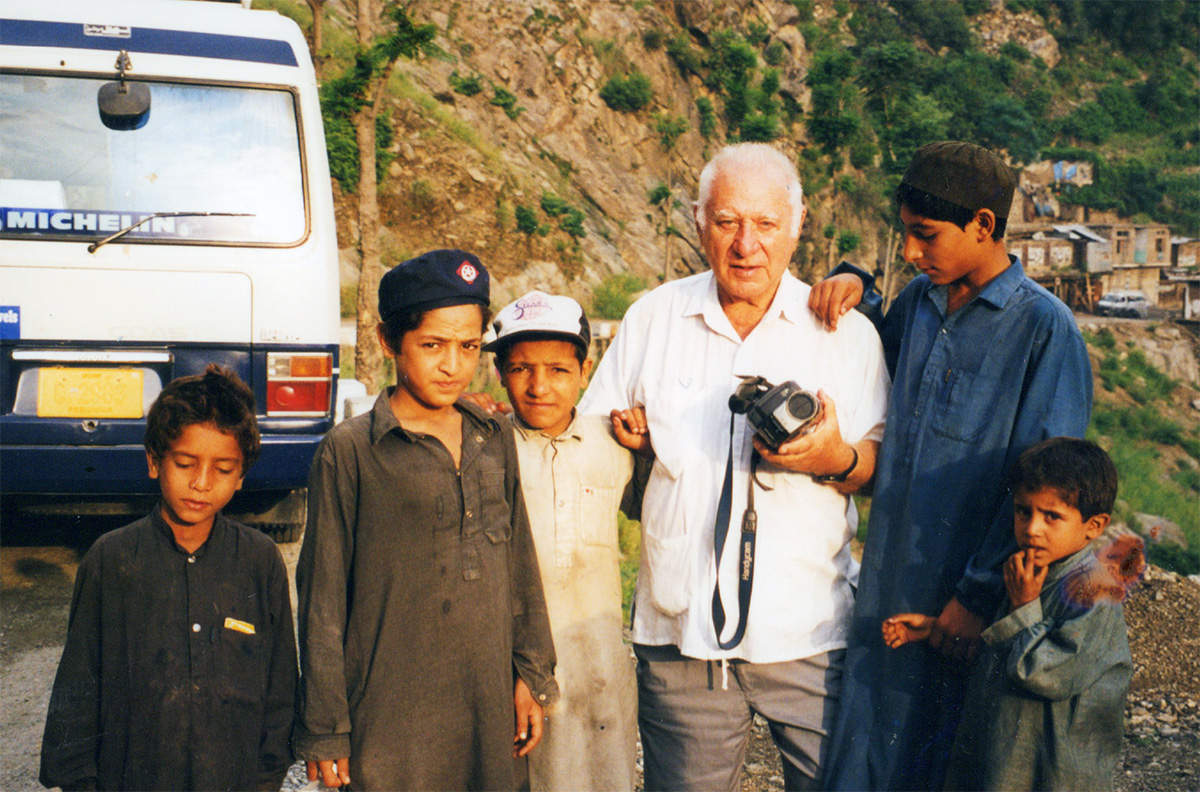

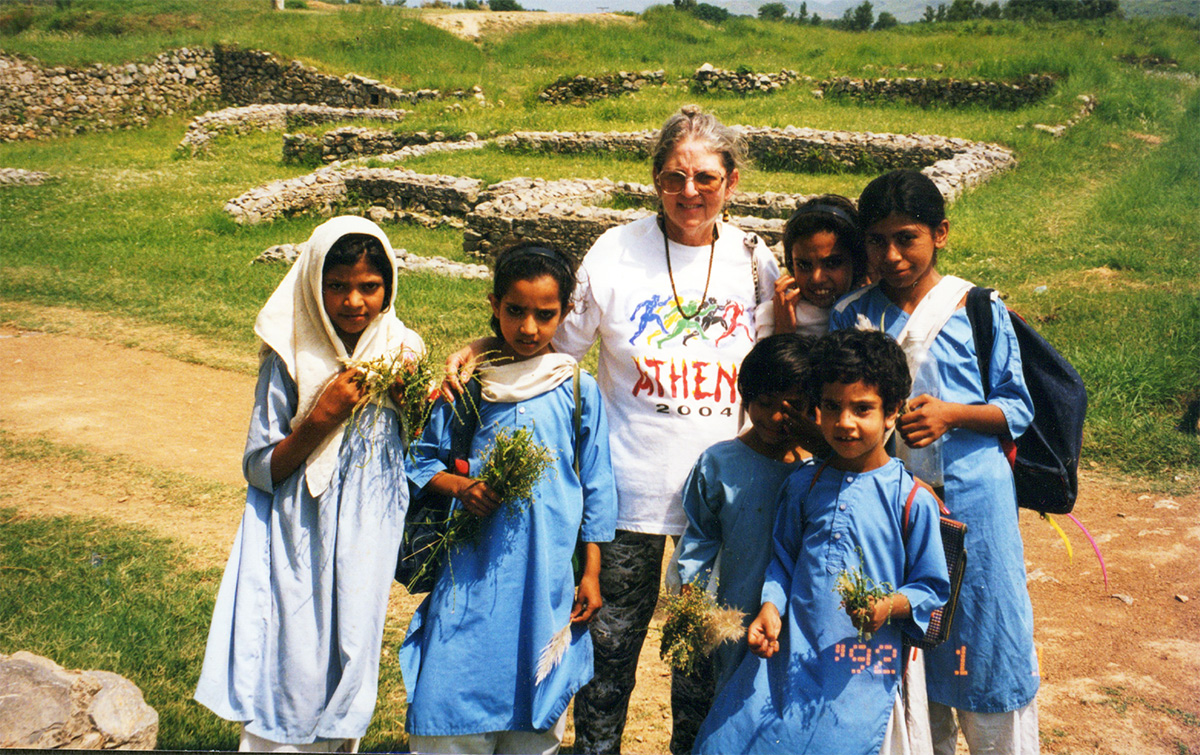

David’s natural exuberance and love for people made him friends across the globe. He gained entry into places and communities rarely if ever imagined by travelers. As a Holocaust survivor, and having experienced poverty and suffering, he had deep empathy for the poor and disenfranchised. Throughout their travels, he and Esther made sure to pack small gifts for everyone and gave generously to alleviate the poverty and suffering of others. For years after their travels, they continued to send money to their former travel guides and drivers.
For 15 years, the couple traveled to Asia, Africa, Europe, South and Central America, the Mediterranean and Caribbean—wherever exotic people and objects of beauty could be found. And Esther followed him, literally, to the ends of the Earth.
They went to Russia. To Morocco. To the Galapagos Islands.
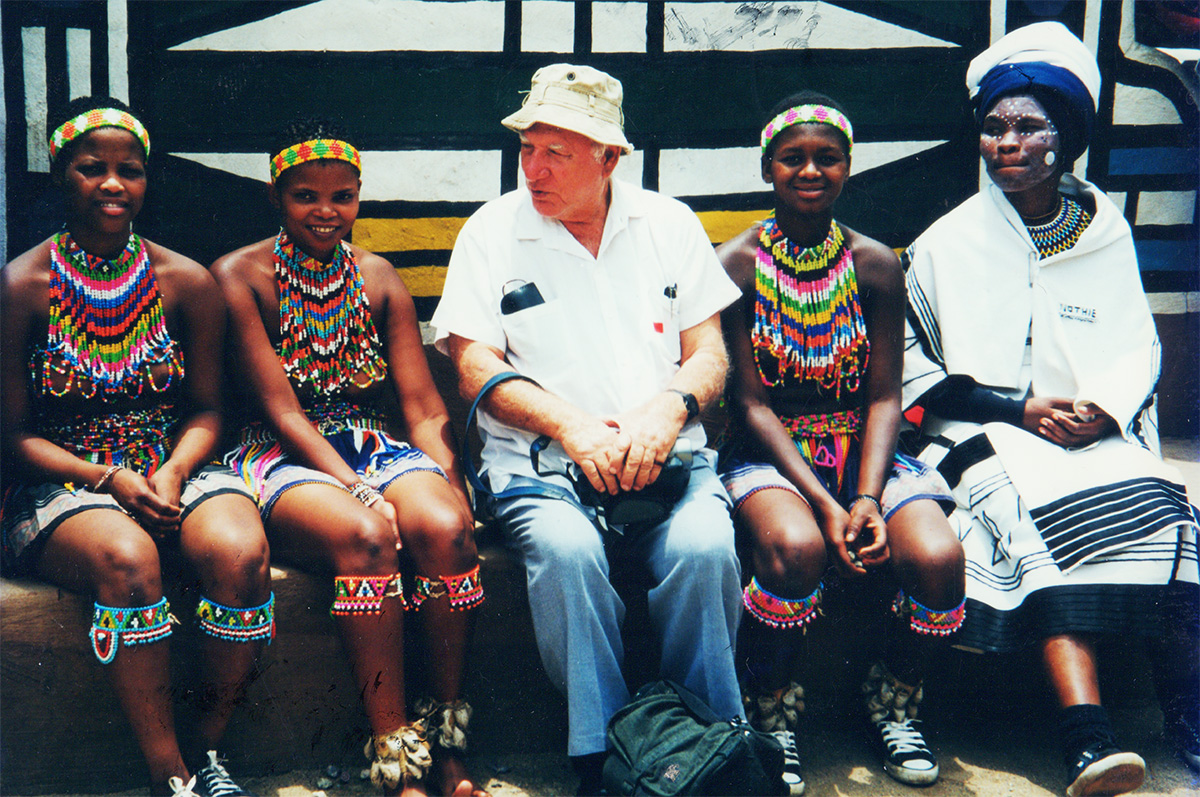

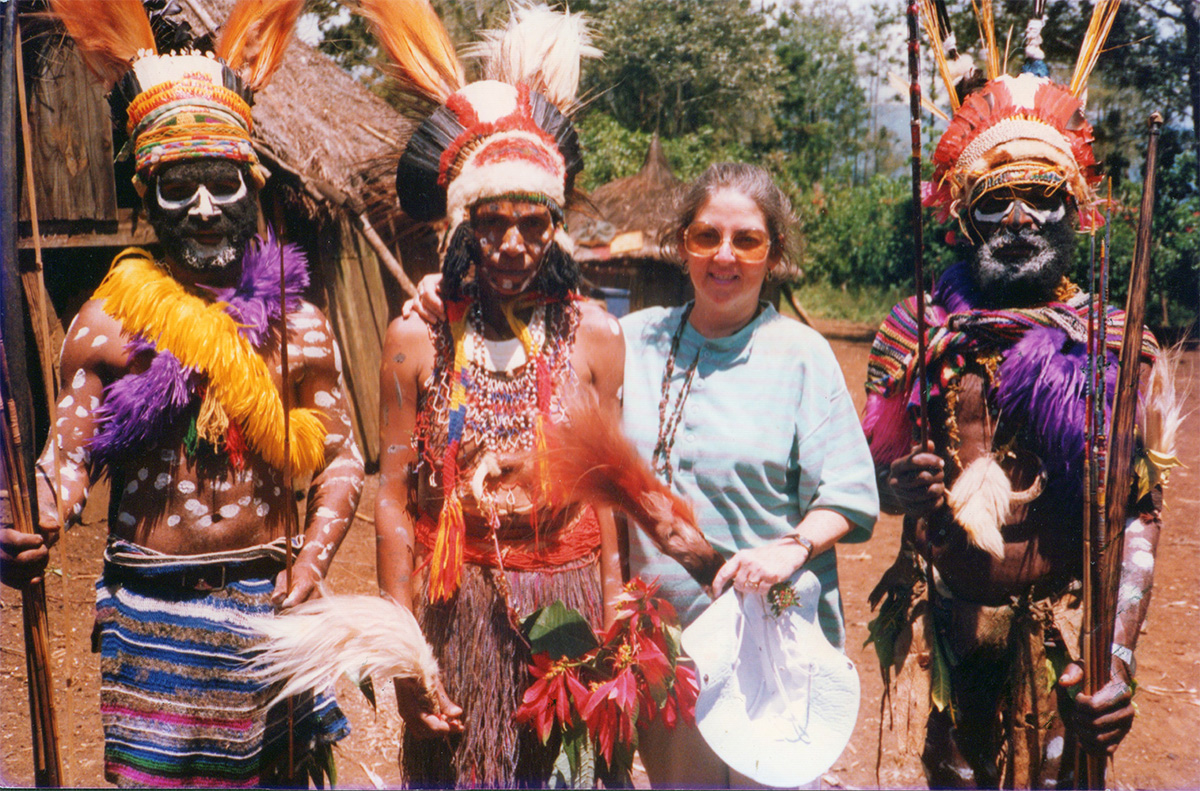

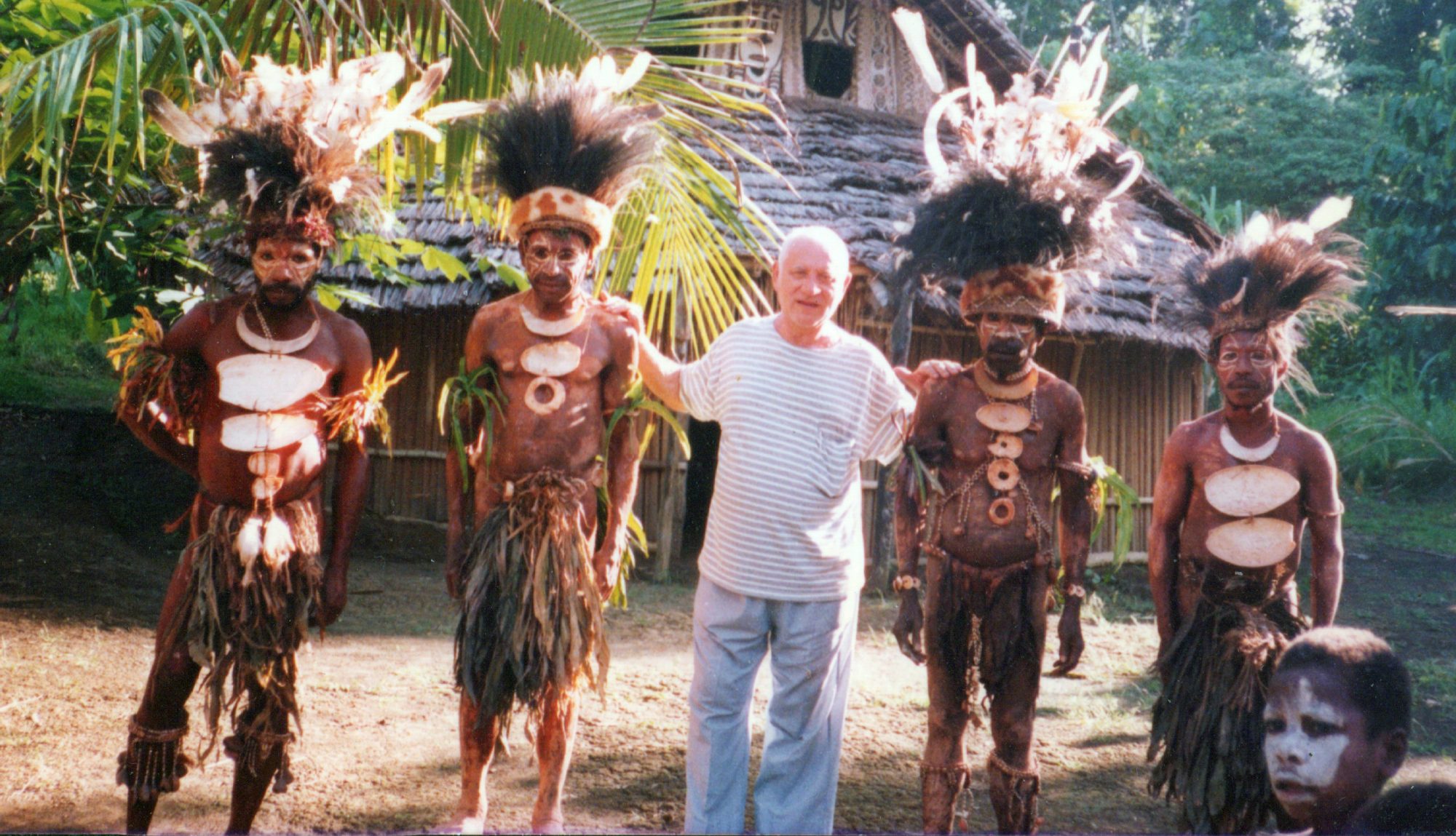

They collected porcelain from Germany; over 2,000 superlative sculptures from Meissen and other centuries’ old manufacturers. Limoges boxes from France. Masks and tribal figurines from Africa, South Asia, and the Americas. Jewelry from Tibet, Mozambique, Afghanistan, and Yemen. Decorative artifacts and statues from Papua New Guinea and the Near East. Hats from China. Kimonos from Japan. Each one, a treasured object that tells a story about the culture, people, and place from which it originated.
In 2017, David donated his porcelain collection to the Wiener Museum of Decorative Arts in Dania Beach, Florida, to enable collectors, historians, and the public to enjoy his extensive and unparalleled assemblage of ceramics and fired arts.
Now, other select items from the acquisitions of David Farin are offered by Whitley’s Auctioneers to discerning collectors and purchasers, as a tribute to the man and to his years of steadfast collecting.
